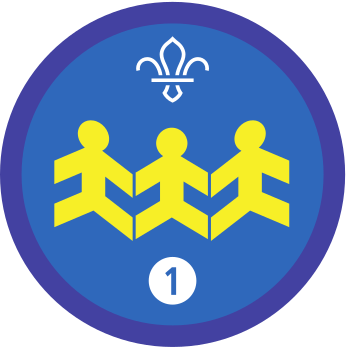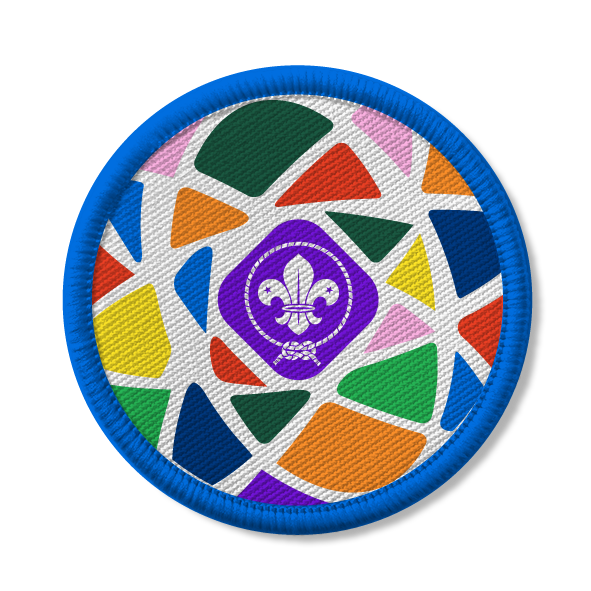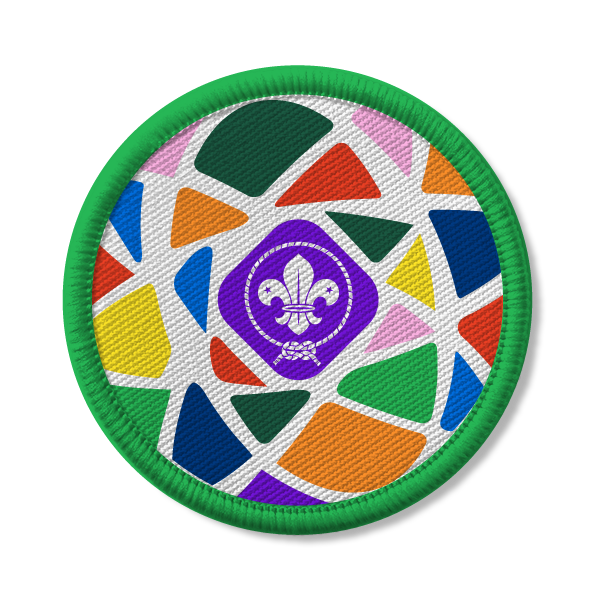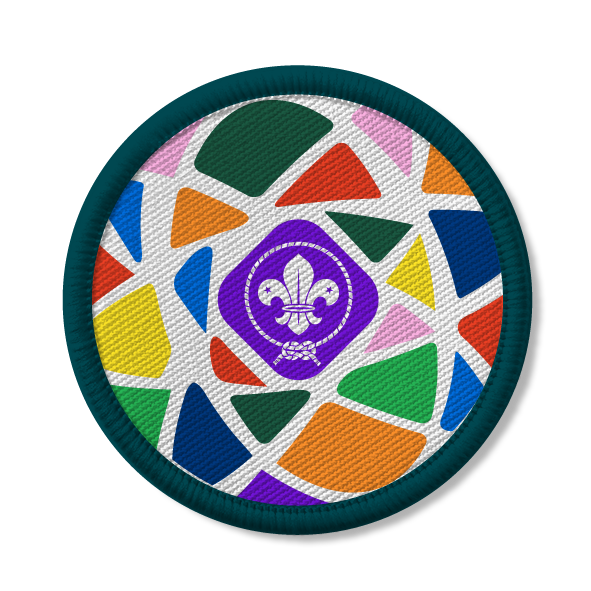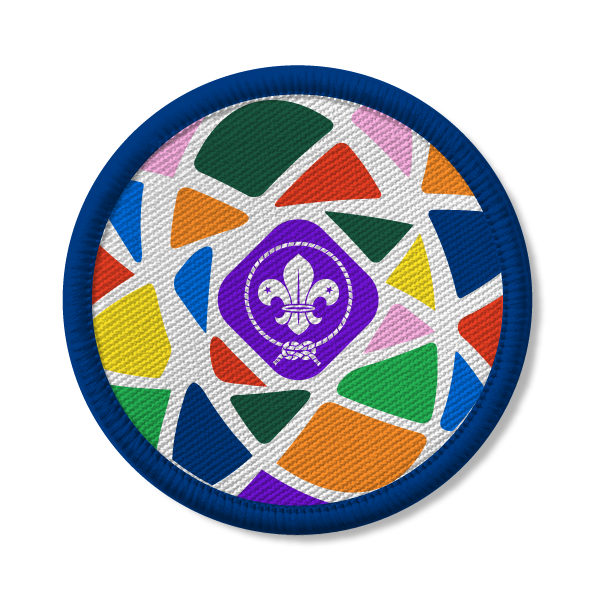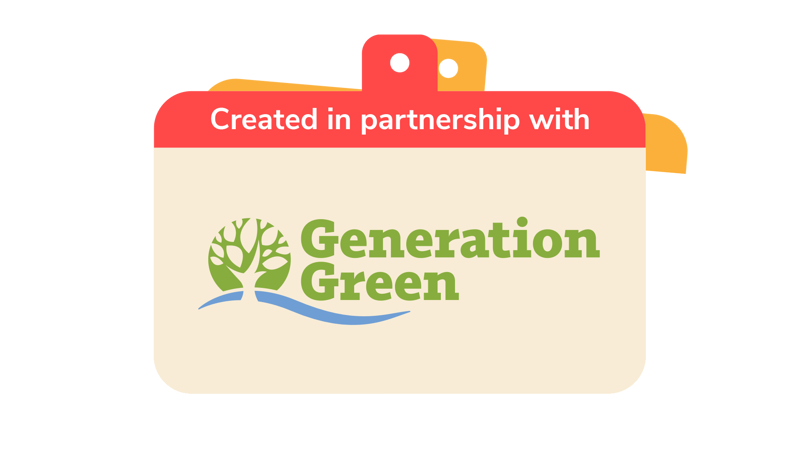
Video diaries
You’ll need
- Camera or phone
- A4 paper
- Pens or pencils
- Access to a computer
Before you begin:
- Use the safety checklist to help you plan and risk assess your activity. Additional help to carry out your risk assessment, including examples can be found here. Don’t forget to make sure all young people and adults involved in the activity know how to take part safely.
- Make sure you’ll have enough helpers for each team to have one. You may need some parents and carers to help out if you’re short on helpers.
Get ready to interview
- Split into teams of three or four.
- Each team needs to have an interviewer, an interviewee, a cameraperson, and a director. If a team has three people, one person should be the cameraperson and the director.
- The interviewer should come up with at least four questions, which will let the interviewee tell the audience what they’ve learned about the issue; how their action made people’s lives better; what they could do to help more people; and how taking action has changed them as a person.
- The interviewer should write their questions down, and give them to the interviewee. The interviewee should spend a little while thinking about how they’re going to answer the questions.
- At the same time (while the interviewer and interviewee are getting ready), the cameraperson and director should set up an interview space and the camera, and test that it’s all working. It’s up to them what the space looks like – will the interviewer be on or off camera? Will anyone on camera sit or stand? What will be in the background? Is there enough light?
Interview your guests
- The interviewer and interviewee should get into the right place, and then the cameraperson should start filming.
- The interviewer should ask the interviewee the questions they prepared, and the interviewee should answer.
- If they can, groups might want to cut and edit their interviews.
- The person leading the game should decide whether there’s time for groups to swap roles, and repeat steps two to eight. If there isn’t time, anyone who wasn’t the interviewee should chat about how they would’ve answered the questions.
Screen your interviews
- Everyone should gather back together in a circle.
- Groups should take it in turns to play their videos. It doesn’t matter if the screen is small – everyone can still sit quietly and listen.
- Once everyone has watched all of the interviews, they should talk about what their next steps might be. They can be things to do together, or as individuals – how can they learn more about the cause? How can they take more action?
Reflection
This activity helped you to communicate. Was it easy to think of questions that gave people the opportunity to say everything they wanted to? Was it easy to answer questions other people asked you? Was it easier when they asked you more questions afterwards, to make sure they understood? Was it easy to make sure you were getting the right message across? Was it easy to communicate with your team, or did you sometimes disagree? How did you talk to each other?
This activity also reminded you what it means to be a citizen. Why is it important to reflect after you’ve taken action? Is it important that citizens do things to make people’s lives better? Did you think of things you did in your local community, as well as for other international citizens? Why is it important to think about the other things you can do to help other international citizens? Did this activity help you realise how taking action has made you a more active international citizen? What does that mean to you?
Safety
All activities must be safely managed. You must complete a thorough risk assessment and take appropriate steps to reduce risk. Use the safety checklist to help you plan and risk assess your activity. Always get approval for the activity, and have suitable supervision and an InTouch process.
- Phones and cameras
Make sure parents and carers are aware and have given consent for photography.
- Online safety
Supervise young people when they’re online and give them advice about staying safe. Take a look at our online safety or bullying guidance. The NSPCC offers more advice and guidance, too. If you want to know more about specific social networks and games, Childnet has information and safety tips for apps. You can also report anything that’s worried you online to the Child Exploitation and Online Protection Command. As always, if you’ve got concerns about a young person’s welfare, including their online experiences, follow the Yellow Card to make a report.
- To make the interview more exciting, the interviewer could ask more questions, for example, asking the interviewee to explain something more or give an example. They should check before they start that the interviewee is happy to do this, and make sure they’re expecting other questions.
- Prepare a list of questions for people to choose from.
- If people are in bigger groups (for example, of five or six people) they could interview or be interviewed in pairs.
- If you want to, you could also let people vlog individually. They should still work in groups to come up with the questions and topics they should cover, though.
- No one has to be filmed. Anyone who doesn’t want to (or can’t) be filmed can be a director or cameraperson. They could also use a puppet to speak for them, or tell a friend their answers, so a friend can appear on camera on their behalf.
- Anyone who doesn’t want to (or isn’t able to) speak can communicate however’s best for them – they could draw, write, or sign, for example.
All Scout activities should be inclusive and accessible.
You could expand this activity, if everyone uses their interviews to tell the world about what they’ve done. Whether you combine them into a single short film with pictures of your planning and action, or show them alongside live interviews, they’re a perfect way to show people what you did, and tell them why the issue is important. If you also tell them how they can help, this would meet requirement five of the Community Impact Staged Activity Badge.
You could also ask someone from a charity to visit you, and tell you more about their work. You could show them your films, and present any money you raised as part of your action.
